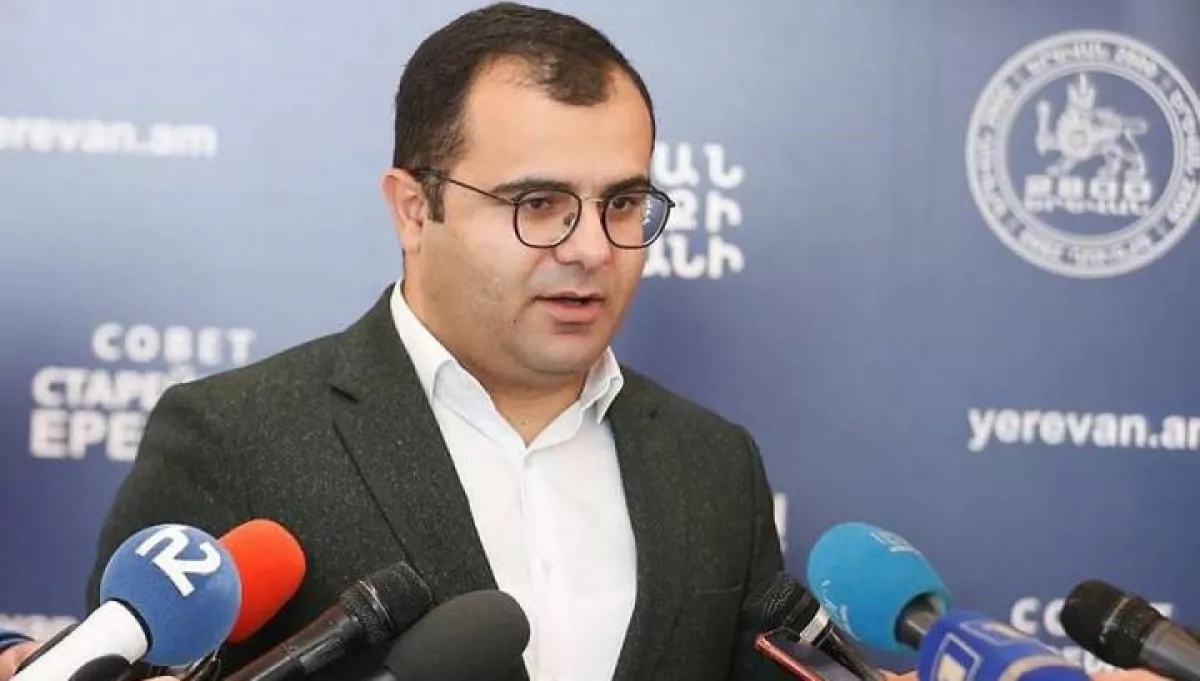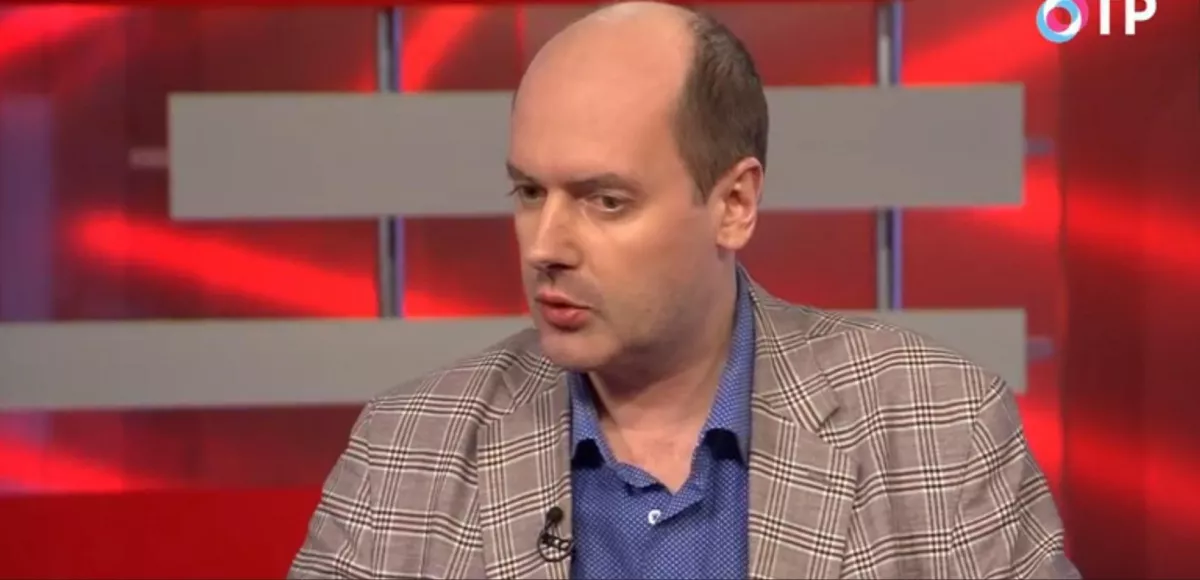Resignation and snap elections: What is Pashinyan preparing for? Experts weigh in on Armenia’s political landscape
Hovik Aghazaryan, a former ally of Armenian Prime Minister Nikol Pashinyan and a sitting MP, has claimed that the prime minister is planning to resign in the coming months, paving the way for snap elections. Aghazaryan, who was part of Pashinyan's team until late last year and has insider knowledge of the ruling elite, suggests that recent foreign policy developments have created a favourable environment for early elections, aligning with the government’s strategic interests.
According to Aghazaryan, Pashinyan’s current political standing provides a strong opportunity to secure a renewed mandate to pursue his agenda.
"These developments, along with other factors, present compelling reasons for holding early elections," Aghazaryan stated.
Aghazaryan, a long-time member of the Civil Contract Party (CCP) founded by Nikol Pashinyan and once a staunch ally, has emerged as a critic of the Armenian Prime Minister. Aghazaryan, who was expelled from the CCP after refusing Pashinyan’s demand to surrender his parliamentary mandate, is now making headlines again. Radio Liberty reports that Aghazaryan is forming his own political party and claims he is ready to seize power in Armenia.
But how realistic are Aghazaryan’s predictions about snap elections? What factors lead him to believe that Pashinyan is planning to reaffirm his authority through the ballot box? And what credibility does Aghazaryan have in claiming he could lead Armenia?
Renowned foreign analysts have shared their perspectives on these issues exclusively with Caliber.Az.

The likelihood of Aghazaryan's predictions coming true is approximately 50%, according to Armenian expert Hakob Karapetyan.
"In other words, it could go either way. I don’t believe issues like holding snap elections are openly discussed during Civil Contract Party meetings. Therefore, Aghazaryan’s former association with the ruling party doesn’t necessarily lend more credibility to his forecasts, although there is a certain logic in his version of events," the political commentator suggests.
On the other hand, Karapetyan notes that it is important to remember how Pashinyan and his team managed to secure re-election in 2021 primarily by promising stability and peace with Azerbaijan. Since a peace treaty has yet to materialize, it is equally logical to assume that Pashinyan has no urgent need to push for early elections.
"As for Hovik Aghazaryan’s ambitions as an independent political player, it is worth mentioning that during his time in parliament, he had a reputation as an eccentric good-natured figure. His public statements often became fodder for memes and jokes. Armenian political life has no shortage of such characters, nor of 'one-man parties,'" Karapetyan remarked.

Russian expert, co-chair of the political party "Democratic Choice," and member of the board of the "Liberal Mission" foundation (Moscow), Sergey Zhavoronkov, expressed doubt regarding the likelihood of early elections in Armenia.
"Early elections are usually held either under the pressure of mass protests (as in Armenia in 2021) or when the ruling party has overwhelming dominance and seeks to solidify it for another term. We see neither of these conditions. Armenian sociology reveals an interesting phenomenon—the ruling party's rating is low (around 20%), but the ratings of all other parties are below 5%.
The opposition would have a chance if it could present a new leader. Otherwise, the scenario of consolidating disgruntled voters around the unpopular Kocharyan will likely repeat, as he is an ideal opponent for Pashinyan—his anti-rating is even higher.
Attempts in the past couple of years to find such a figure in bloggers Vardan Ghukasyan or Archbishop Bagrat Galstanyan were unsuccessful—they gained some ratings, but clearly not comparable to Pashinyan's," the politician reminded.
Zhavoronkov believes that things are generally moving in the right direction from the ruling party's perspective— the opposition is fragmented, and Kocharyan refuses to exit politics. So, why rush into drastic actions now?
"Moreover, global experience shows that early elections without a clear reason tend to irritate the public—just look at the 2024 elections in France, where Macron lost his parliamentary majority and is now balancing between negotiations with different parties. Additionally, Pashinyan's party denies any such intentions— for instance, through the statements of its parliamentary faction leader, Hayk Konjoryan. Yes, politicians may be evasive, but outright lying to the public is risky," Zhavoronkov concludes.








